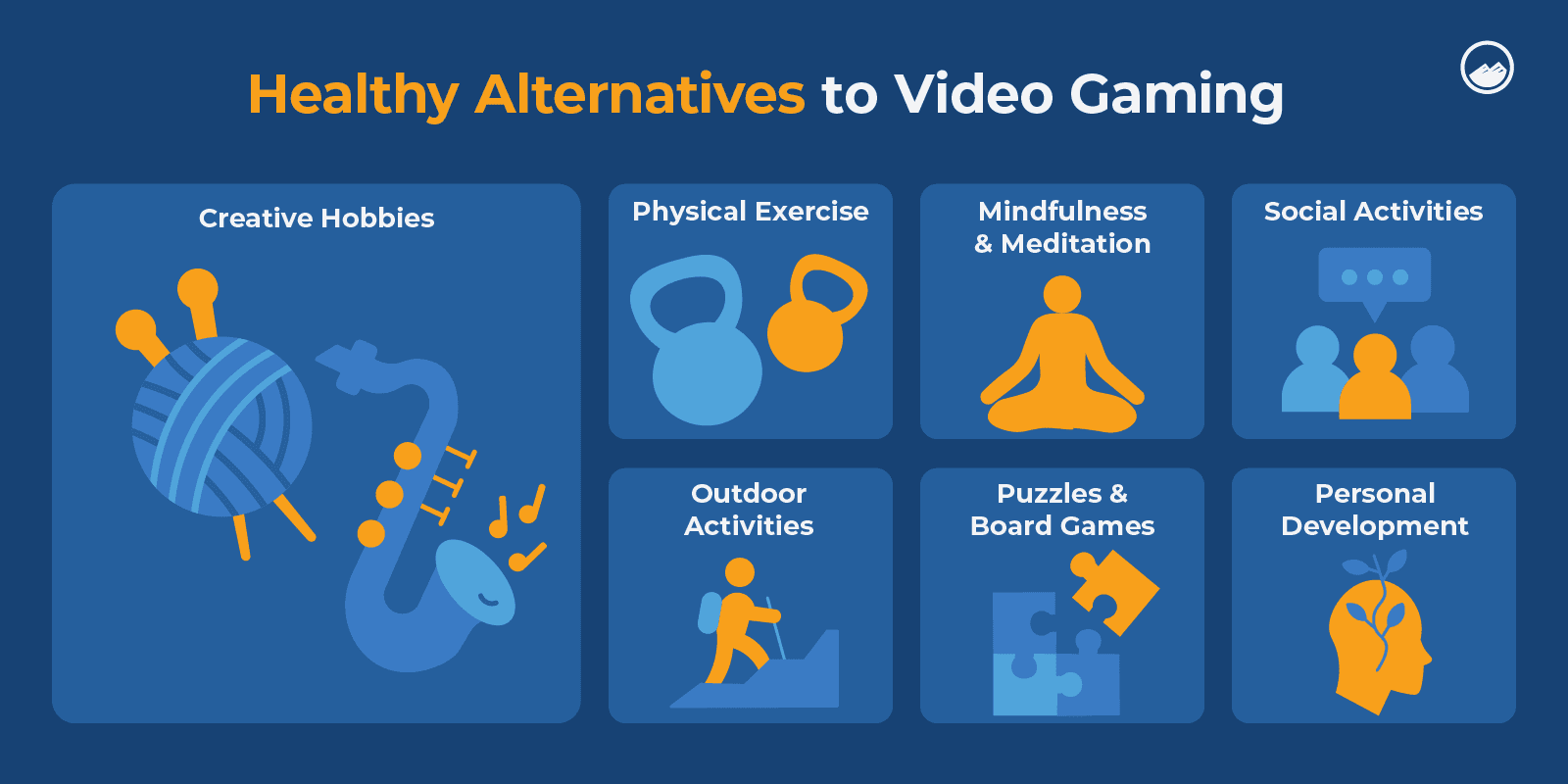
How Do Video Games Show Signs Similar to Addiction? Understanding the Symptoms
In an age where digital entertainment has become a staple of daily life, video games stand out as one of the most engaging activities for many. While gaming can be a source of enjoyment, connection, and creativity, there is growing concern about the potential for video game addiction. Understanding the symptoms and signs similar to addiction can help individuals recognize when their gaming habits may be crossing a line.
Understanding Video Game Addiction
Video game addiction, often referred to as Gaming Disorder, is characterized by compulsive gaming behavior that disrupts daily life. Like substance addiction, it engenders physical and psychological changes in the brain. The World Health Organization (WHO) has recognized gaming disorder as a legitimate mental health condition, emphasizing the need for awareness and understanding.
Signs of Compulsive Gaming
-
Preoccupation with Gaming: One of the most telling signs of gaming addiction is preoccupation. Individuals may find themselves thinking about video games even when they are not playing. They might plan their day around gaming or feel compelled to talk about games constantly.
-
Increased Time Commitment: As with other forms of addiction, gamers often experience a tolerance buildup, needing to spend more time playing to achieve the same level of enjoyment. If someone notices that they need to play for increasingly longer periods just to feel satisfied, it could be a red flag.
-
Neglecting Other Activities: A common symptom of gaming addiction is the abandonment of previously enjoyed activities. If a person stops engaging in hobbies or social interactions that once brought them joy—such as sports, reading, or spending time with friends—it may indicate an unhealthy focus on gaming.
-
Loss of Control: Feeling unable to cut back on gaming, even when they want to, is a foundational element of addiction. If someone has attempted to reduce their gaming time and failed repeatedly, it may signal a deeper issue.
-
Withdrawal Symptoms: Individuals may experience irritability, anxiety, or even depression when they are unable to play games or when they have to stop gaming. These withdrawal symptoms can mimic those found in substance addiction.
-
Playing to Escape: Many gamers use games as a way to escape from stress, anxiety, or other difficulties in life. While escapism can be a normal part of gaming, relying on it regularly to cope with real-life issues may indicate a problem.
-
Deceiving Others: If an individual feels the need to hide their gaming habits or becomes deceptive about the amount of time they spend playing, it could suggest an awareness of excessive behavior.
Social Implications of Gaming Addiction
Interestingly, the social aspect of gaming can mask the signs of addiction. Many popular games are multiplayer, encouraging interaction. However, this social connectivity can lead to players spending entire days in front of screens, often isolating them from face-to-face interactions with family and friends. When this occurs, gaming shifts from a fun activity to a potentially harmful one.
Seeking Help and Finding Balance
If you or someone you know is exhibiting symptoms of gaming addiction, it is vital to approach the situation with empathy and understanding. Here are some strategies to regain a healthier balance:
-
Set Limits: Designate specific gaming hours during the day. Just as with any other activity, having clear boundaries can help manage gaming time effectively.
-
Encourage Alternative Activities: Introduce other social activities or hobbies that can replace excessive gaming time. Engaging in sports, arts, or family outings can help diversify interests.
-
Open Communication: Having open, non-judgmental discussions about gaming habits can encourage individuals to reflect on their behaviors. Sometimes simply acknowledging that there is an issue can lead to meaningful change.
-
Seek Professional Help: If symptoms are severe, consulting a mental health professional specializing in behavioral addictions can provide guidance and support tailored to the individual’s needs.
-
Practice Mindfulness: Encourage mindfulness techniques that promote being present in the moment. This can help in recognizing triggers for excessive gaming and finding healthier coping strategies.
Conclusion
While video games can be a source of fun and connection, awareness of the signs similar to addiction is crucial for healthy gaming habits. By identifying compelling symptoms and encouraging balanced behaviors, individuals can enjoy the benefits of gaming without it interfering with their life’s priorities. If you or a loved one shows signs of gaming addiction, consider reaching out for support and fostering a healthier relationship with video games.
